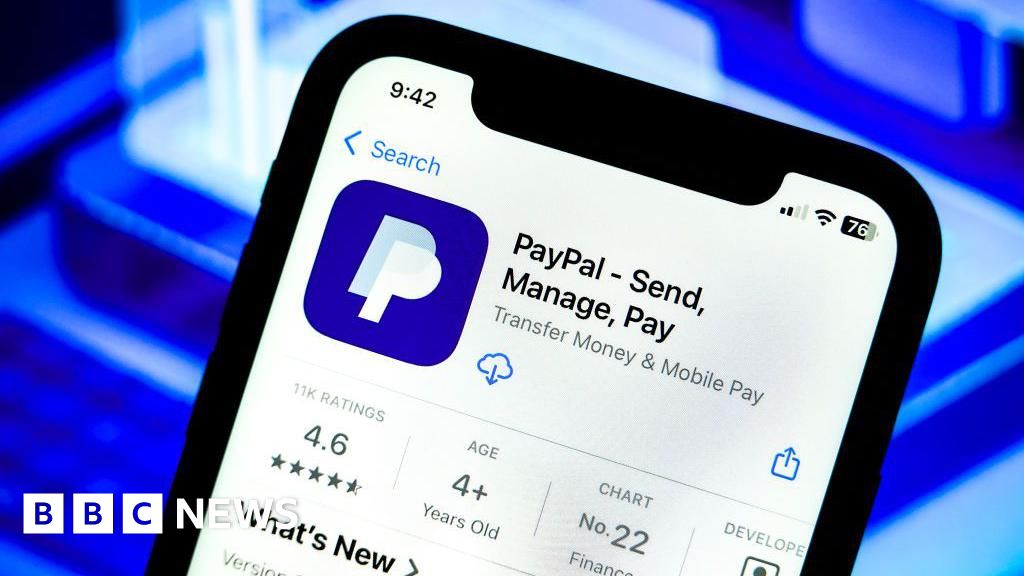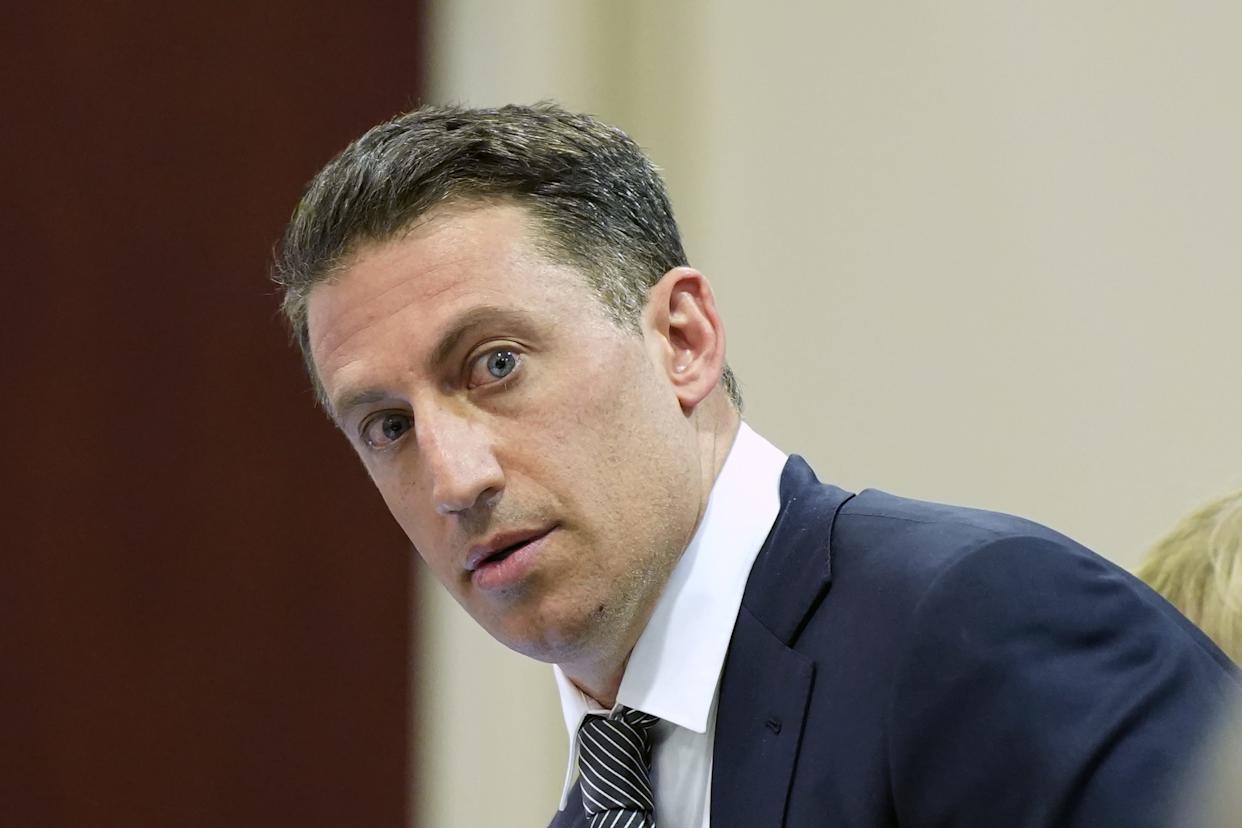European banks have seen widespread unauthorised direct debits from PayPal accounts, the German Savings Banks Association (DSGV) says. The German newspaper Sueddeutsche Zeitung (SZ) reports that payments worth approximately €10 billion (£8.6bn) have been blocked following an issue with PayPal's fraud-checking system. Payments were paused on Monday as lenders reported millions of suspicious transactions. The DSGV confirmed to the BBC there had been incidents involving unauthorized direct debits initiated by PayPal against various credit institutions. They are working closely with PayPal after the company acknowledged the disruptions, emphasizing that payment transactions to and from PayPal are running normally again. The DSGV reported that the supervisory authorities have also been informed about the incidents. Furthermore, reports suggest that scams can occur through direct debit setups, and PayPal aims to filter out such frauds. However, according to SZ, the system failed, leading to unchecked debits being sent to banks. As a consequence, PayPal's shares dropped 1.9% following the news.
European Banks Face Billions in Rogue PayPal Payments

European Banks Face Billions in Rogue PayPal Payments
Recent reports indicate that European banks, particularly in Germany, have suffered significant financial disruptions due to unauthorized direct debits initiated through PayPal, amounting to approximately €10 billion.
European banks are grappling with millions of unauthorized direct debits stemming from PayPal accounts, as reported by the German Savings Banks Association. The incident, linked to a failure in PayPal's fraud-checking system, forced banks to block transactions worth around €10 billion. Despite the inconvenience, PayPal has reassured partners that the issue has been identified and resolved.




















